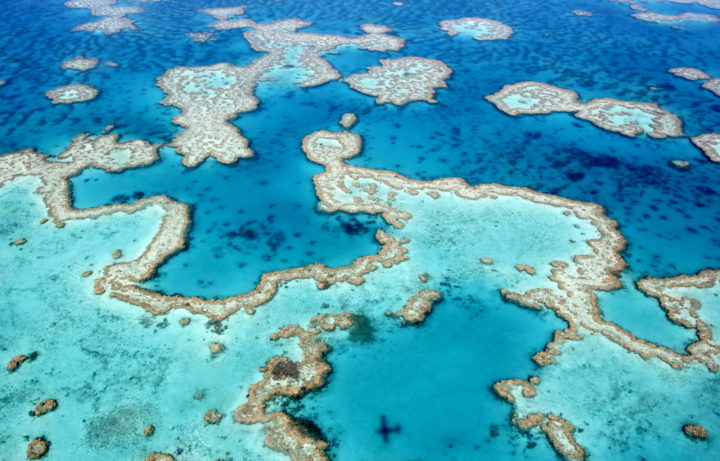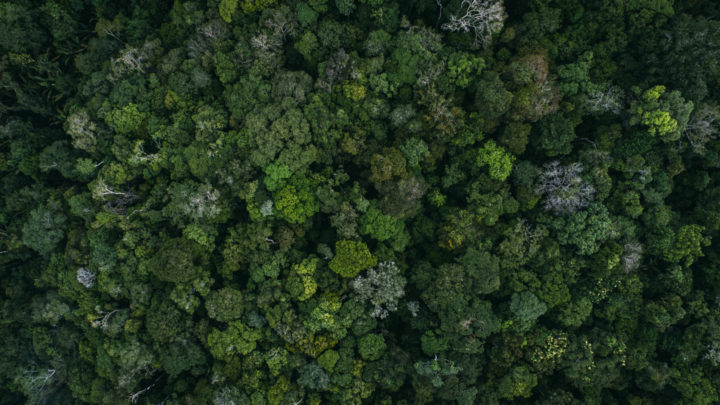G20 meetings & climate pledges
G20 nations cause 76% of global greenhouse gas emissions; only half those emissions are covered by ambitious pledges to cut them, under the Paris Agreement.

By Gareth Redmond-King
@gredmond76Share
Last updated:
What are the G20 ministerial meetings?
The G20 group of nations has a series of Ministerial meetings in the coming months, before G20 leaders meet at the end of October, just ahead of the UN Climate Summit in Glasgow – COP26.
Why do G20 nations matter to keep 1.5°C alive at COP26?
As the world faces unprecedented and extreme temperatures, driven by climate change, COP26 has a huge job to keep the ambition of the Paris Agreement within reach – to keep 1.5°C alive.
Most countries have yet to up the ambition of their climate action plans before they meet in Glasgow. Delivering that ambition means committing to:
- Real plans for fast, deep cuts in emissions, in line with the science, to get to net zero by the middle of this century;
- Real money to help poorer nations adapt to & pay for loss and damage from climate impacts; and
- Real action to end fossil fuel use, deforestation & the most dangerous greenhouse gases.
What are the different stances of G20 nations?
G20 nations could close these gaps. Some have ambitious targets and generous commitments on climate finance. Others have enhanced targets, and are closer to the ambition needed. But some have done, and continue to do, relatively little.
Amongst developed countries, Australia stands out as an outlier. A wealthy nation with higher per-capita emissions than the US, it also has higher emissions than the UK, despite a population half the size. It is the world’s largest exporter of coal, and of liquefied natural gas (LNG), has weak emissions targets and has, until recently, refused to commit to a date for net-zero. It has, as of just days before COP26, committed to net-zero by 2050 - but, as yet, with no shorter-term plans or indication that they will step back from fossil fuels. All this despite facing devastation from huge wildfires in recent years, and being custodians of the threatened Great Barrier Reef, worth billions to the Australian economy.

There are developing nations in the G20 who have yet to enhance their targets, or to enhance them by enough. But they, and many poorer nations, have made the point that they need financial assistance from wealthier countries, not just for climate action, but also to adapt to climate impacts. Wealthy nations are therefore expected to step up and deliver on their overdue promise of $100bn a year by 2020; failure to so not only limits what developing nations can afford to do, but also risks undermining trust, which would make the job to be done at COP26 in Glasgow much, much harder.
And of course, there are the biggest emitters. China accounts for upwards of a quarter of global emissions. They have committed to get to net zero by 2060, to peak emissions by 2030, and to start to reduce use of coal after 2025. As of September 2021, they have also committed to stop funding coal overseas. They are, though, continuing to invest in coal at home, and their emissions still grow sharply. A strong emissions pledge from China would be a significant act of leadership from the world’s biggest emitter to bring others along too.

The G20 also includes those who not only take very little action and make weak commitments, but also have been actively unhelpful when it comes to COP negotiations. Saudi Arabia, Russia and Brazil, for instance, often take blocking or delaying positions in negotiations, along with Australia and others. Brazil is another nation which, whilst having inadequate targets, is also custodian of a critically important biome in the form of the Amazon rainforests, a huge climate sink and home to 10% of the world’s wildlife species that we know about, which has also seen devastating and unprecedented wildfires in recent years.
As G20 Ministers meet in the coming weeks - and leaders meet just before COP - all eyes will be on the G20 chair, Italy, and their COP26 co-host the United Kingdom, to see whether they can put pressure on all G20 nations to step up and deliver.
Share